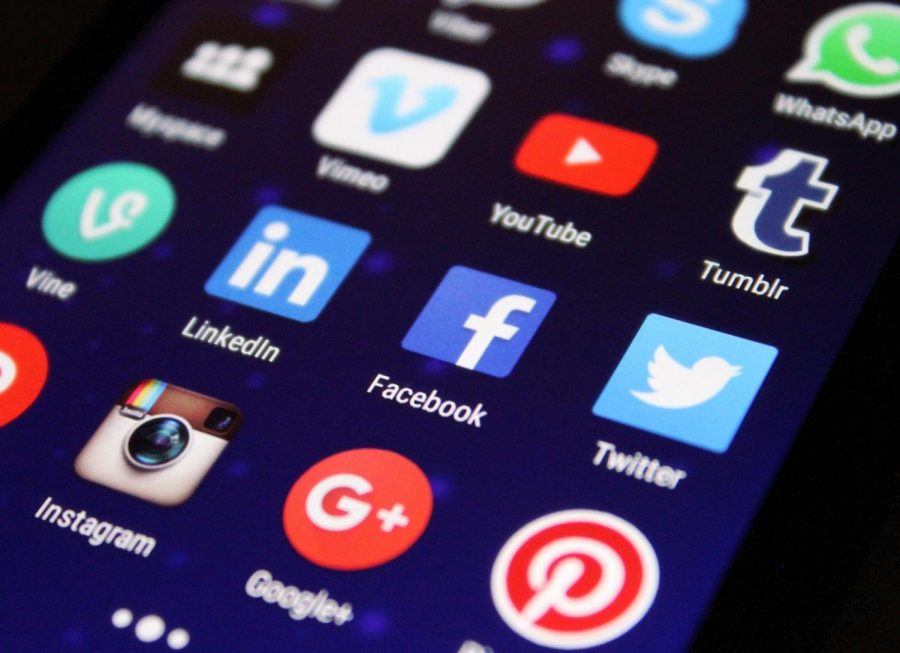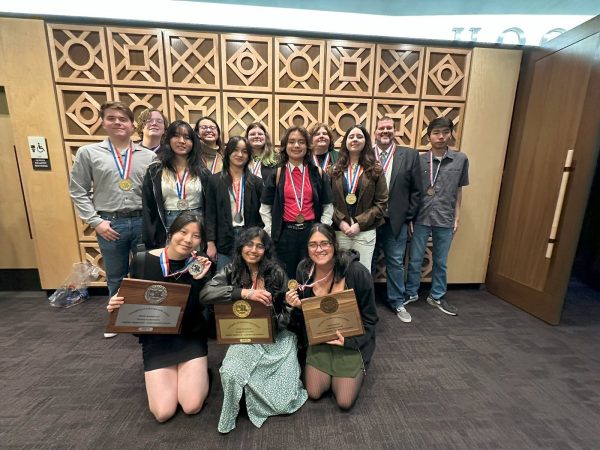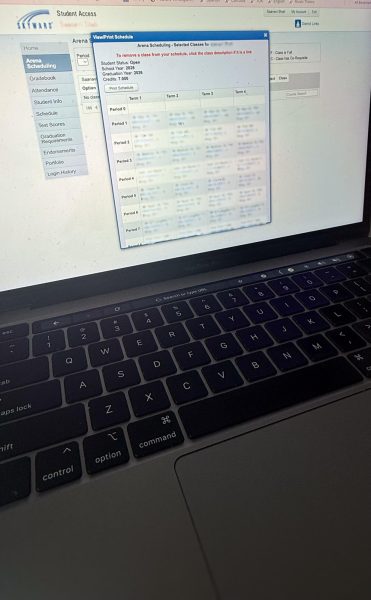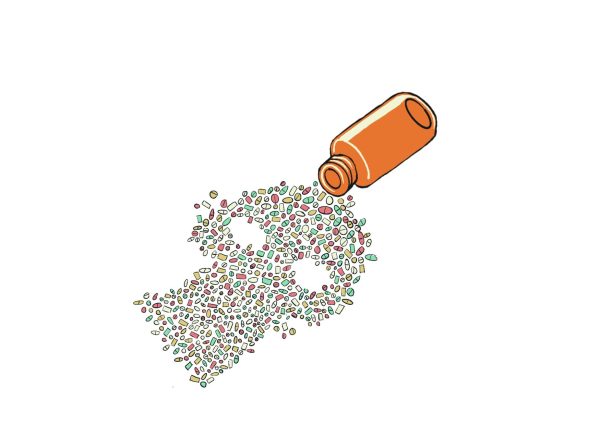How Social Media has Contributed to Political Polarization and Why It’s Getting Worse
How The 2021 Capitol Riot Brings Light to a Larger Issue
On January 6, 2021, both chambers of the 117th Congress were in a joint-session at the U.S. Capitol counting the electoral votes for the 2020 presidential election, confirming the victory of the former vice president under the Obama administration, President-Elect Joe Biden.
Up until after the following events, his defeated opponent and former president, Donald Trump, had been holding rallies and spreading misinformation. His claims involved the outcome of the election, claiming that it was ‘stolen’ and rigged. Ironically enough, he was acting in a similar manner to how many on the other side of the political spectrum reacted to his victory against Hilary Clinton in 2016.
A passionate and heated rally riled up Trump’s many supporters during the meeting at the Capitol, constantly repeating the same baseless claims of election fraud. It even had Rudy Giuliani declaring, “if we are wrong, we will be made fools of, but if we’re right, a lot of them will go to jail. So let’s have trial by combat.” Donald Trump Jr. proclaimed, “the best thing for America’s future is for Donald Trump to go to total war over this election”.
Giuliani later claimed that his quote was a “Game of Thrones” reference, but specific vocabulary such as in the previous examples, alongside the past four years of constant polarization between the far-right and the far-left, led to an extremist mob of Trump supporters storming the U.S. Capitol in an attempt at insurrection. The result was the temporary halting of the electoral process, numerous stolen items, vandalism, several photos including protesters waving Confederate flags, even a man wearing “Camp Auschwitz” on a sweatshirt, and a death toll of 5, including a Capitol security officer were elements of the event at the Capitol.
Among a second impeachment against Trump and the manhunt for the protesters by the FBI, one series of events involved in the aftermath stands out: the social media response. Donald Trump has been banned from Twitter, Facebook, Twitch, Reddit, Snapchat and YouTube, all on the basis of “incitement of violence.” His supporters’ attempts to regain a platform on alternative social media service Parler only led to its ostracization and ban from most distribution apps despite its membership doubling.
Social media in the last 10 years has become an integral part of society when it comes to communication and the distribution of information, regardless of whether it is true or not. As a result, services like Twitter and YouTube are frequently used as tools by individuals or groups on both the political right and the left to orchestrate and enforce their own political agendas. The Capitol riots are no different.
Trump reposted the video of his rally during the riots on his social media of choice, Twitter, and even before that, he and dozens, if not hundreds of supporters were pushing false claims of election fraud for the past two months. thousands of tweets revolved around it. It got so hectic that Twitter started censoring and flagging tweets that they deemed to be untrue.
Even with such flaggings, the unfortunate reality is that all social media, whether intentional or not, is firmly built on confirmation bias. Individuals, regardless of any political alignment, will follow people they agree with. They will receive information only from the sources they like and almost always perceive it as fact, regardless of actual authenticity. Any form of opposition can easily be blocked and silenced as they are somehow perceived as ‘the enemy’ for thinking a different way.
Not only that, but anytime Twitter flags or censors a tweet, Facebook blocks a group, or YouTube suspends or terminates a channel, it can easily result in a shift in public perception towards said messages. This can negate the intended effect. By actively censoring and curating what can and can’t be said, it makes the censors look as if they have no legitimate argument or rebuttal to what they deem to be wrong. This can be the perception even if they’re right for deleting messages pertaining to illegal actions such as ones inciting violence against the Capitol. It makes the censored look like victims and adds validity to their points, even if the points are reprehensible, and in some cases outright against the law.
Not even alternative media can avoid this. Parler is an alt-tech blogging site where, in their own words, one can “speak freely and express yourself openly without fear of being ‘deplatformed’ for your views”. Parler was already flooded with countless far-right and conservative users as a result of them being banned from numerous platforms. More members joined Parler after the Capitol riots, dramatically accelerating both its concentration of conservative users and it’s popularity. Even with its increased usage and the fact that creating a large conservative bubble was never the intention of the creators, the app was banned by Amazon, Google, and Apple from their app distributors. This has sparked numerous conversations involving social media, big tech, and freedom of speech, but despite all of this, all it has done is add fuel to the fire that’s already been burning for way too long,
With the way social media is designed, it directly has led to more political echo chambers with walls that thicken and thicken over time. Both its features that allow users to curate their flow of information and the services’ attempts to silence those they disagree with, even when in the few cases it’s justified, have directly led to the events at the Capitol. That alone is bad, but it’s not even including the many other incidents from both sides across the world that have led to similar instances of ideological warfare for the past few years.
Twitter, Google, Facebook, Snapchat, etc., or more specifically it’s userbase’s utilization of its many available features and tools, are a large part of what has made the current political climate so volatile. It is something that has been festering for years, yet is only now truly coming to public consciousness. With the recent attacks on the Capitol, it has opened the door for similar, if not worse events to come in the future. But despite the despicable actions that took place on January 6, this is far from the beginning of the conversation.
This is part of a small “mini-series” of articles being written about the impact of social media on political polarization and numerous events involving it, in response to the 2021 Capitol riot.

Colin Campbell is the senior managing editor for the Eagle Angle. His interests are current events, political discussions, criticizing and making fun of...






